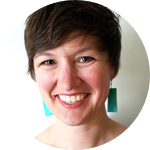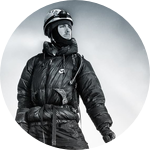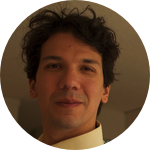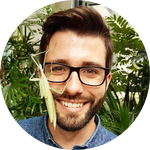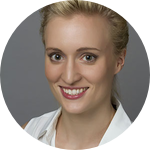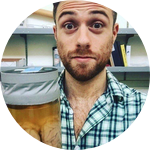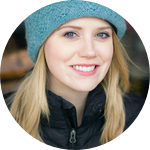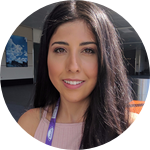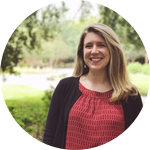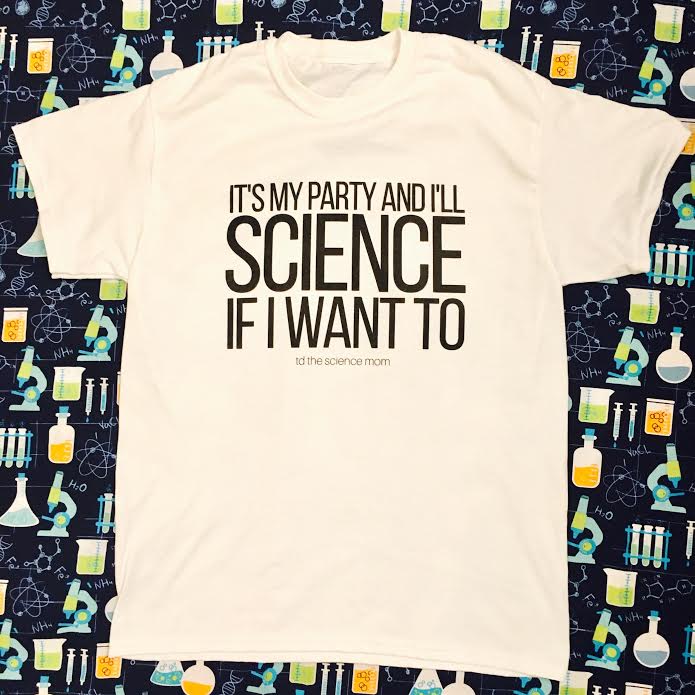Project Results
In an online Qualtrics panel survey experiment (N = 1620), we found that scientists posting self-portraits (“selfies”) to Instagram from the science lab/field were perceived as significantly warmer and more trustworthy, and no less competent, than scientists posting photos of only their work. Participants who viewed scientist selfies, especially posts containing the face of a female scientist, perceived scientists as significantly warmer than did participants who saw science-only images or control images. Participants who viewed selfies also perceived less symbolic threat from scientists. Most encouragingly, participants viewing selfies, either of male or female scientists, did not perceive scientists as any less competent than did participants viewing science-only or control images. Subjects who viewed female scientist selfies also perceived science as less exclusively male. Our findings suggest that self-portraiture by STEM professionals on social media can mitigate negative attitudes toward scientists.
About This Project
U.S. adults see scientists as intelligent, but not always warm. This is a problem because people's perceptions of scientists' warmth influence their trust in scientific information. Could scientists be improving trust via social media? We will conduct experiments exploring whether scientists’ humanized Instagram posts influence viewers' perceptions of scientists' competence and warmth.
Help us reach our stretch goal! New perk: $600 (USD) pledge = Custom #SciArt to communicate your research!
Ask the Scientists
Join The DiscussionWhat is the context of this research?
Scientists have a public image problem. They need the public’s trust as information disseminators, but to earn this they need to demonstrate a shared value system and engage people’s emotions. Trust of scientists can impact people's attitudes, decisions and behaviors related to issues of pressing public concern such as public health.
In 2014, Susan Fiske and Cyndey Dupree published a paper finding that Americans see scientists as competent but not necessarily warm, a key component of trust. Social media channels like Instagram provide an exciting opportunity for scientists to improve their public image.
Could sharing science selfies, or humanized Instagram posts, improve scientists' perceived warmth?
What is the significance of this project?
In our experience, many scientists are still hesitant to share photos of themselves and aspects of their personal lives with the broader public in online channels. It's more comfortable to share photos of specimens and lab equipment. We plan to collect data to guide scientists to more effective science communication practices on Instagram. We hope to show empirically that it is worth scientists' time to share their lives (and faces) on social media, not just their science.
A recent study published in PLOS ONE, "The Immoral Landscape," found that a sample of roughy 100 U.S. adults stereotyped scientists as "robot-like and lacking emotions." Challenge: Break a scientist stereotype with your Instagram posts!
What are the goals of the project?
Our goal for this project is to explore how scientists may or may not promote public trust depending on how they present themselves on Instagram. To improve how warm (and trustworthy) Instagram users perceive scientists to be, should scientists be personalizing their feeds or keeping them strictly scientific? Is the effect the same for male and female scientists, and for scientists of different skin colors? We will conduct lab-based and online experiments using posts created for us by real scientists. We will test changes in viewers' perceptions when scientists share friendly photos of themselves (versus photos of their science only) and and when they interact with followers.
We will share our results broadly to help scientists learn how to share their work and lives on Instagram.
Budget
Our bare-bones budget will greatly increase the impact of this research project.
We will be able to purchase mobile devices for optimal participant viewing of Instagram accounts in lab-based experiments at LSU. Social media experiments are often limited by lack of conditions that simulate real-world media browsing experiences. Following our study, the 10 iPods will be donated to LSU’s CxC Science Studio, available via complimentary loans to scientists who may use them capture photos/videos in the lab/field, as a part of a future Instagram for Scientists online course!
Our largest budget item includes funds for a representative online survey experiment, to extend our sample to U.S. adults broadly. We'll be able to get robust data on how U.S. adults perceive scientists on Instagram!
Our budget includes subscription to a service to help us manage and track metrics on our experimental Instagram accounts.
SCROLL ALL THE WAY DOWN to see what you can get for backing this project!
Endorsed by
 Project Timeline
Project Timeline
An expected outcome of this project is an open-access, evidence-based guide for how to present oneself on Instagram as a scientist effectively. Our goal is to publish such a guide via both popular outlets as well as a high-profile open-access peer-reviewed journal. Its reach will be expanded and targeted to potential science Instagram users with the help of our Instagram partners Sam Yammine and Imogene Cancellare.
Aug 01, 2017
Collect and curate images for Instagram experiments
Aug 09, 2017
Project Launched
Oct 01, 2017
Conduct an initial study to gauge perceptions of scientists warmth among (1) LSU students and (2) U.S. adults broadly.
Dec 01, 2017
Conduct lab-based experiments where students will view posts from scientists on Instagram and rate how competent and warm they seem.
Feb 10, 2018
Translate findings into an online LSUSciFund Instagram for Scientists course
Meet the Team
Affiliates
Affiliates
Affiliates
Team Bio
We are a collaborative group of science and mass communication researchers, educators, and popular science Instagrammers! We are all passionate about evidence-based science communication practices.
Our team members include Dr. Paige Jarreau, Dr. Lance Porter, Daniel Toker, Samantha Yammine, Imogene Cancellare and Dr. Becky Carmichael.
Paige Brown Jarreau
Paige Jarreau is a science communication researcher specializing in social media. She's also an avid blogger (fromthelabbench.com) and Instagrammer. She Instagrams science @scicommnerd and @lsuscience. However, her circus arts Instagram is far more popular - @fromthelabbench! In her day job, she works for the LSU College of Science and LSU Communication across the Curriculum Science Studio.
Daniel Toker
Daniel Toker is a Ph.D. Candidate in Neuroscience at the University of California, Berkeley researching the relationship between the integration of sensory signals across the brain and conscious perception. He is also a science communicator through his blog (danieltoker.com), Instagram (@the_brain_scientist), and Twitter (@daniel_toker).
Imogene Cancellare
Imogene Cancellare is a wildlife biologist and PhD student at the University of Delaware researching the genetic structure of snow leopards. She uses Instagram (@biologistimogene) and Twitter (@biologistimo) to share her passion for wildlife, natural history, and the importance of using science for conservation.
For more information and resources on being a scientist, find Imogene at biologistimogene.com.
Samantha Yammine
Samantha Yammine is a stem cell biologist and neuroscientist at the University of Toronto, where she is researching how stem cells build and repair the brain for her PhD. Samantha is passionate about sharing her love of science with everyone in order to foster support for science research, encourage more interest in STEM fields, and change the stereotype of who can be a scientist!
She shares her PhD journey and favourite stories about science on Instagram, @science.sam. More info about Sam can be found on her website heysciencesam.com.
Becky Carmichael
Becky Carmichael is the Science Coordinator with LSU Communication across the Curriculum (CxC), supporting faculty in communication-intensive course design that strengthens students communication skills in the College of Science and the College of Coast & Environment. In her courses, students actively participate in science communication by editing Wikipedia articles. She also has experience teaching Instagram for science communication, via SciFundChallenge.org. Outside of the classroom, Becky shares her backyard ecology and Science Studio happenings on Instagram (@beakerbjc and @lsucxcscience).
Additional Information
Social media channels provide an exciting opportunity for scientists to improve their public image. An estimated 32% of Americans use Instagram, with use particularly high in younger adults (59% of adults ages 18-29) (Pew, 2016). Teens using Instagram are a promising demographic that can be otherwise difficult to engage with science in online environments. However, little research has explored how scientists are presenting themselves via emerging visual social media platforms such as Instagram or how viewers are engaging with them.
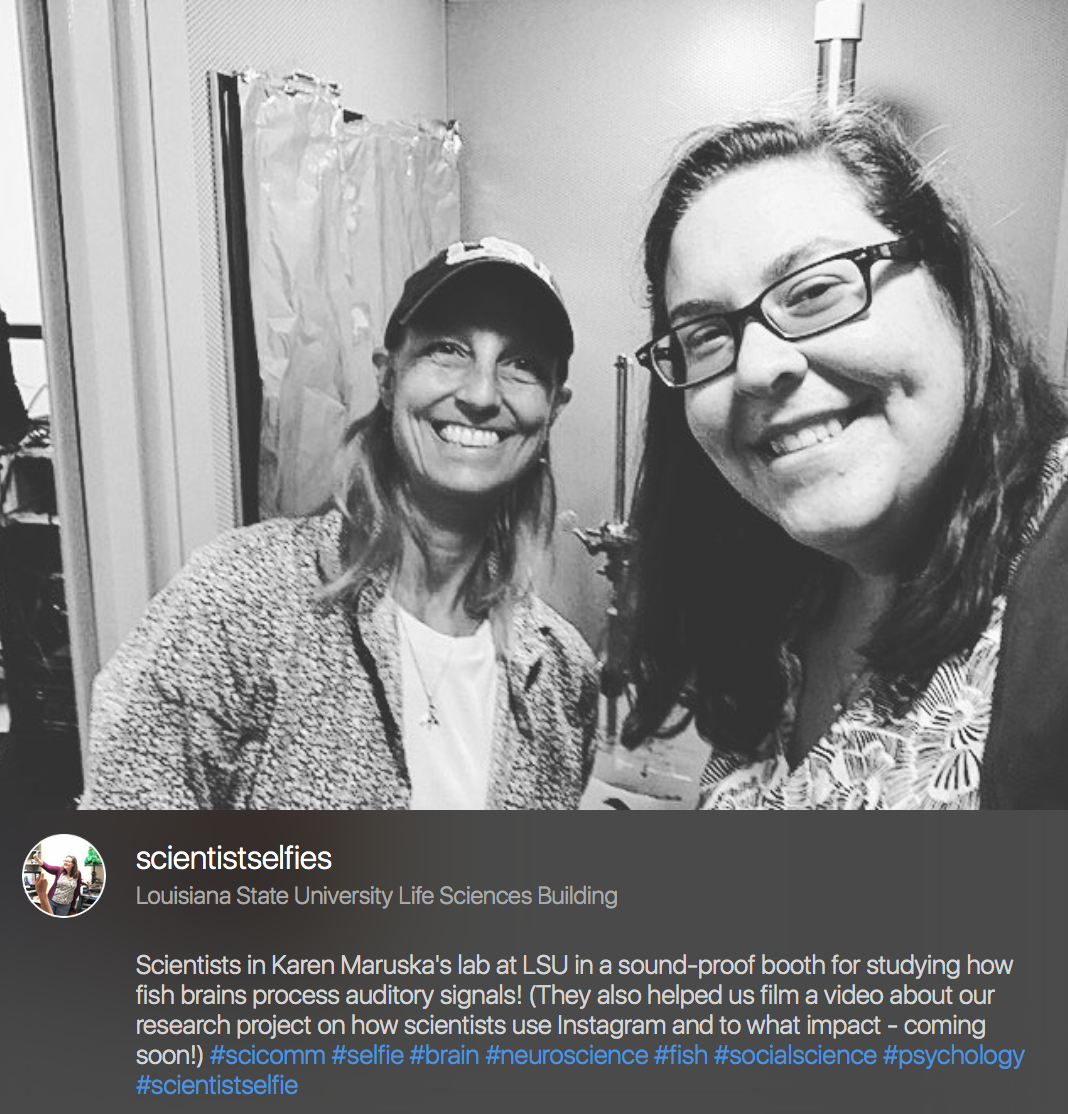
We wish to explore how scientists presenting themselves as human or relatable on Instagram impacts viewers’ perceptions of their warmth (related to perceptions of morality, honesty, sociability and openness) and competence, and whether the impact is the same depending on a scientist’s gender, for example, based on gender stereotypes. Both competence and warmth are critical constructs of trust, but perceived warmth often carries more weight in terms of attitudes and behaviors (Fiske, Cuddy & Glick, 2007).
The new National Academies of Sciences report on Communicating Science Effectively identifies many of the complexities of communicating science, including perceived trust and credibility of scientists. Among factors that affect trust and credibility are audience characteristics including gender, age, race/ethnicity, political ideology and scientific knowledge (National Science Board, 2016); perceptions about scientists’ expertise or competence (Lupia, 2013); and perceptions about scientists’ honesty, openness and morality (Renn and Levine, 1991), or scientists’ warmth (Fiske & Dupree, 2014). The report identifies a need for research to understand the factors that influence trust in science and scientific information depending on the communicator, the perceived intentions of the communicator, and the communication context. The report also identifies a need for more research to determine effective approaches for communicating science on social media platforms. We plan to address these needs.
We've already collected dozens of image series from over 50 real-life scientists to use in our lab-based and online experiments! Participants will randomly see images that differ only in particular variables of interest, such as the presence of a human element (e.g. a scientist's face, male or female, portrait or selfie, etc.) or interaction with followers in the form of replies to comments. Stimulus images will be combined into scientist "rocur" accounts on Instagram, and all information presented will be scientifically accurate.
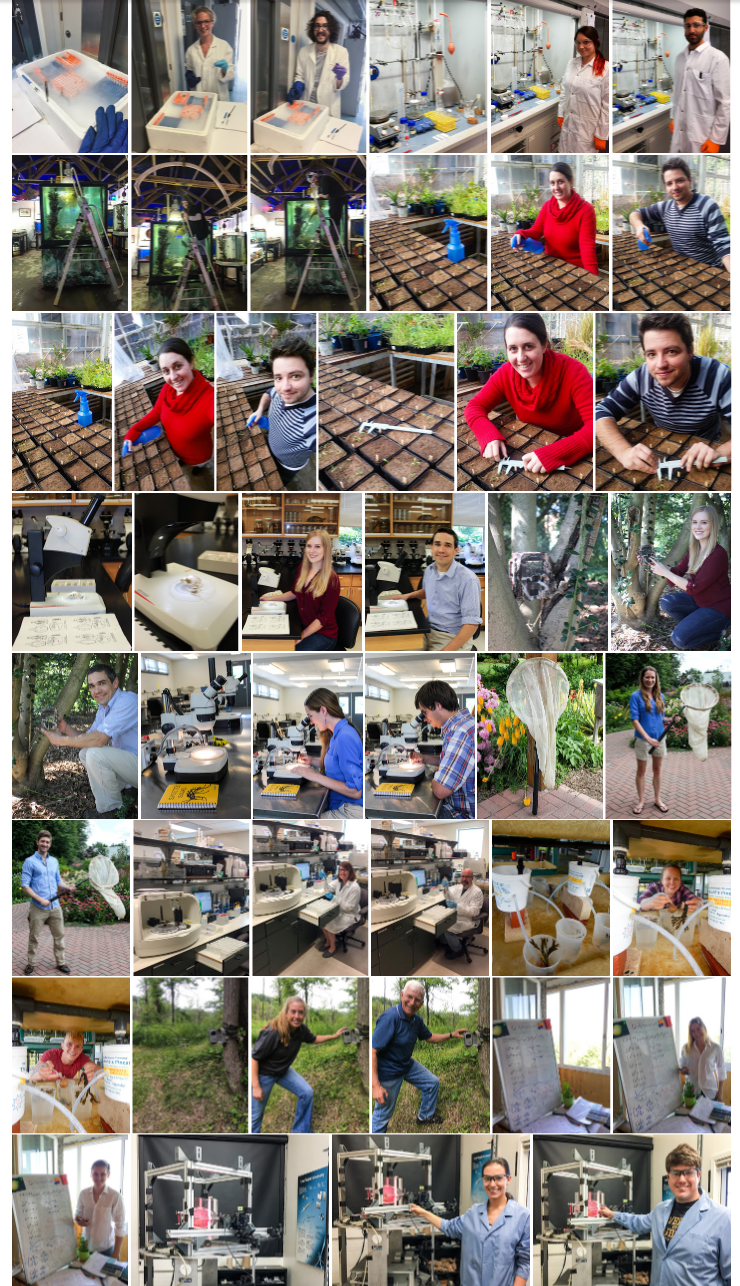
What can I get for backing this project?
Good question!! Here are some of the perks we have for you if you back this project (with more on the way)! Once you pledge $ to our project, just message us through this platform to indicate your perk choice, or include it in a message when you submit your pledge! (Only 1 perk per person).
Update Aug. 30: New Perk today only! For 5 individuals who pledge $100 today, Bethann Garramon Merkle is offering a 1-hour "Sketching for Scientists" training for up to 5 people, to be taught remotely (via Skype or a conferencing system). She'll take you through a tool kit that will ensure you have basic drawing capacity, and she'll adjust the final portion of the training to your choice of the following: sketching practice, teaching students to draw, or using student drawings as formal and informal assessment.
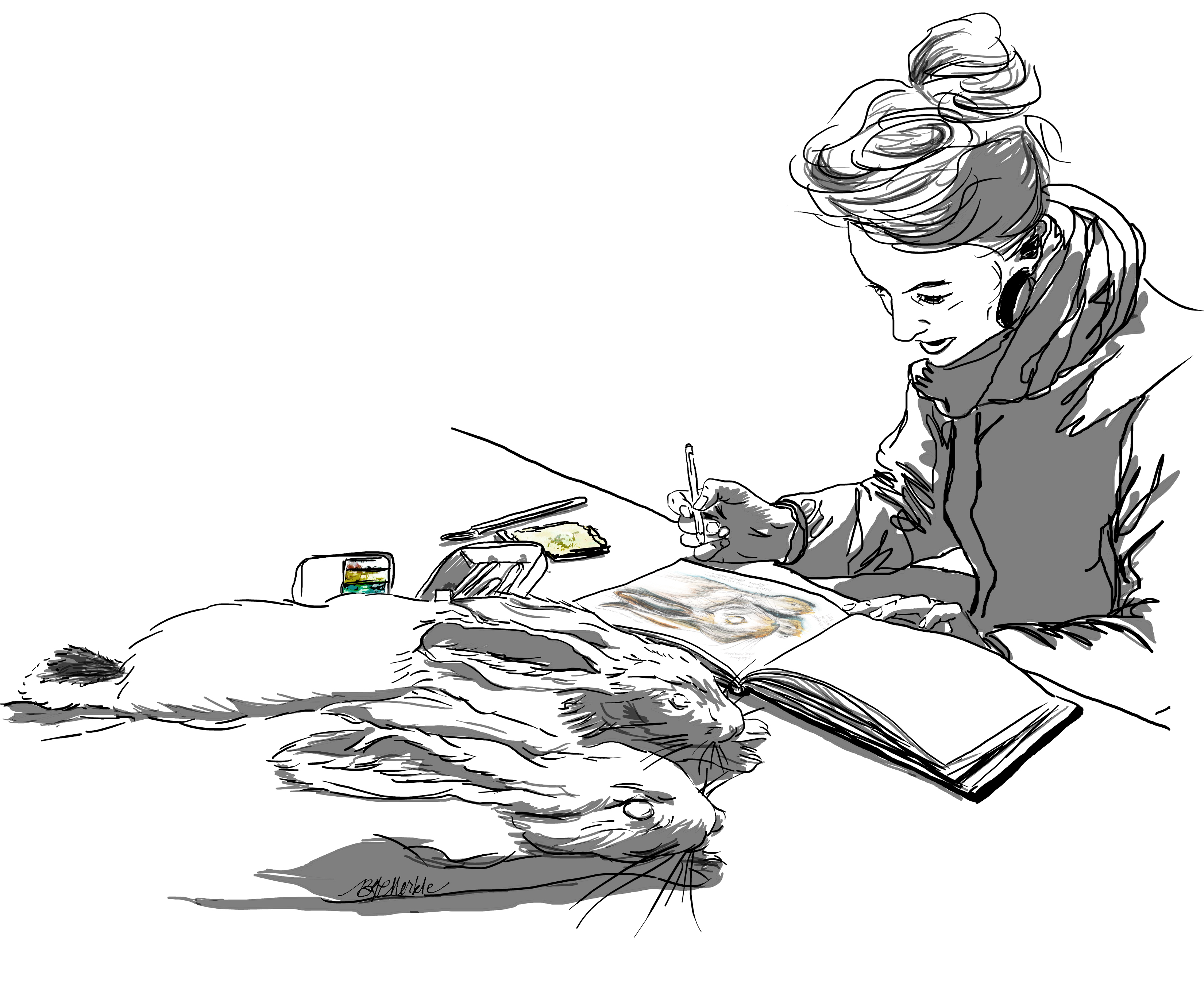
For $5, you will receive a special shout-out on our team members' social media accounts!
For $15, you can be a featured scientist or science communicator on our project Instagram account! Just send us a few pictures and we will ask you a few Q&A questions for a highlight! (Unlimited!)
For $20, claim CV/resume editing assistance with our research team member Imogene Cancellare! (10 available).
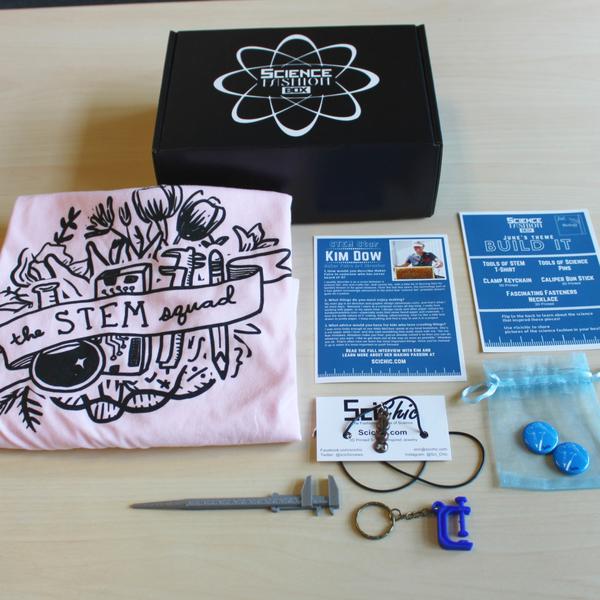
For $35, you can claim 1 of 4 available complementary science fashion boxes created by Erin Winick of SciChicNews! The Science Fashion Box is ready for the STEMinistas of the world and will provide you with stylish science-inspired fashion focused on a different field of science each month. (0 available - all claimed!)
For $40, claim a 30 minute Skype session with our science educator and team member Dr. Becky Carmichael, to learn how to integrate social media and other communication mediums including Wikipedia into your classroom (10 available). Becky is LSU's resident expert on integrating communication-intensive practices into science classrooms. Becky is also a TEDxLSU Speaker coach, and can coach you through your next oral presentation instead if you prefer!
For $40, you may also claim a IT'S MY PARTY AND I'LL SCIENCE IF I WANT TO t-shirt created by TD the science mom, Thomai Dion! There are 10 shirts available, and the first 5 come with a complementary copy of Thomai's science coloring book! (0 available - all claimed!)
For $45, you can claim 1 of 5 available custom illustrations by Echo Rivera, or one of 10 custom illustrations by Jaye Gardiner, Co-founder of @jkxcomics, for your Instagram or Twitter avatar! Just send us a photo you want converted to an illustration once you pledge!
For $50, you'll get a 15-20 minute personal one-on-one advice session via real-time chat (e.g. through Instagram/Twitter DM or Google+ chat) on using Instagram strategically from one of our team members (15 available)! Whether you communicate science on Instagram or you use the platform for something else, we'll help you think strategically about your audience, goals and strategies.
For $75, you can claim 1 of 5 available complimentary MavSocial Advanced Plan 1-year subscriptions! (That's a value of $228!) MavSocial is a platform that allows you to manage, create and promote your social content all in one place. You can access social tracking and analytics by network, content, time & day, and followers.
For $85, you can claim a 30-minute personalized Skype brainstorming session with the Research Whisperer Jonathan O'Donnell (@researchwhisper on Twitter) on how to find and procure funding for scientific research, including via crowd-funding!! (8 sessions available).
For $100, you can claim a 15% discount from Research Media on the creation of stylized scientific imagery, based on a scientific image or figure of your choice, for use on Instagram, valid until the end of the year (10 available)! (That's a $150 dollar value.) You will also get behind-the-scenes glimpses of our research project in progress and preliminary results e-mailed to you.
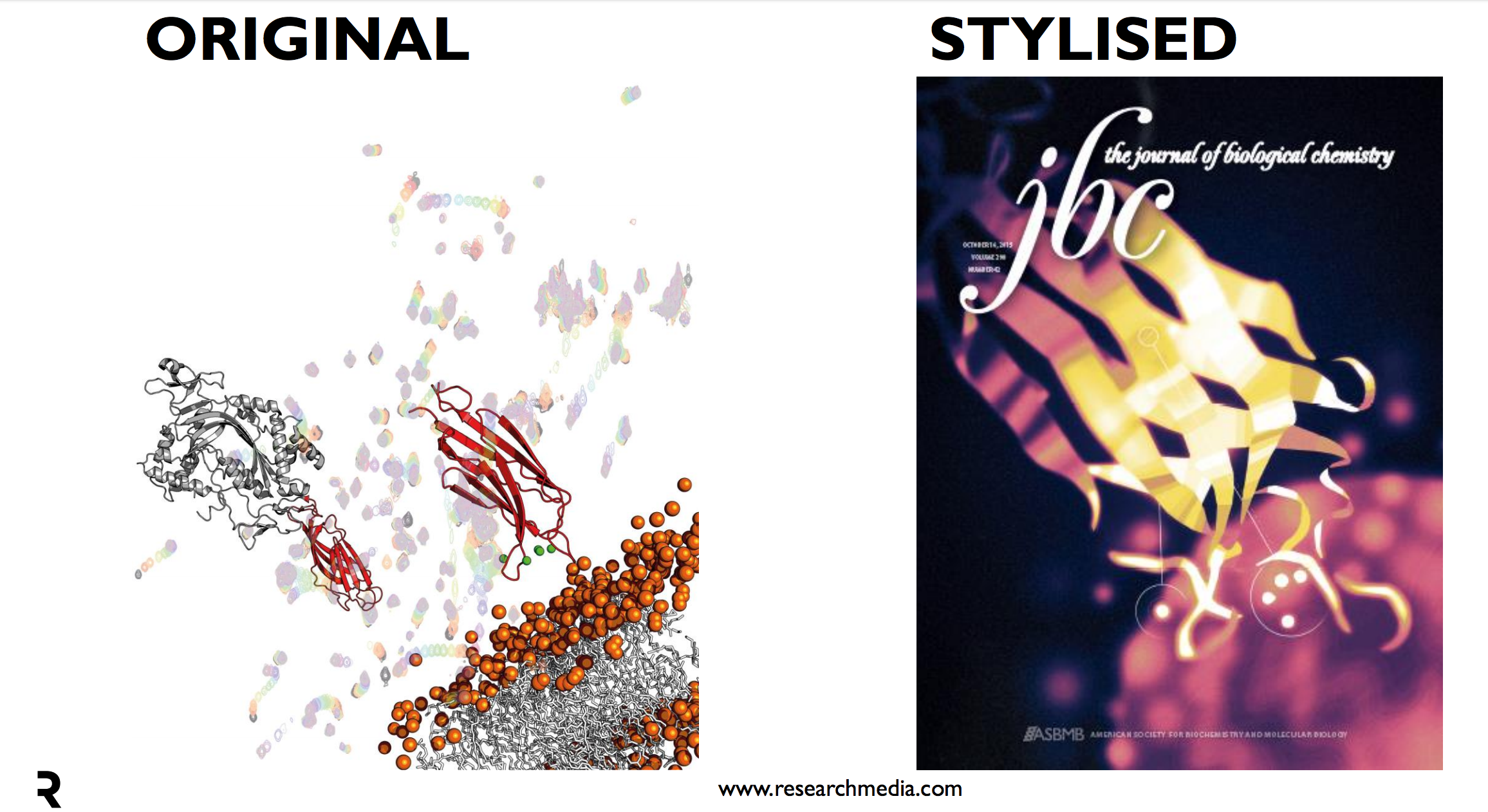
NEW! For a pledge of $199, you can get a microscope for your smartphone! uHandy has offered us 20 available new uHandy devices (not available publicly yet!) for our project! These look amazing, so claim them quickly! Check them out on IG.
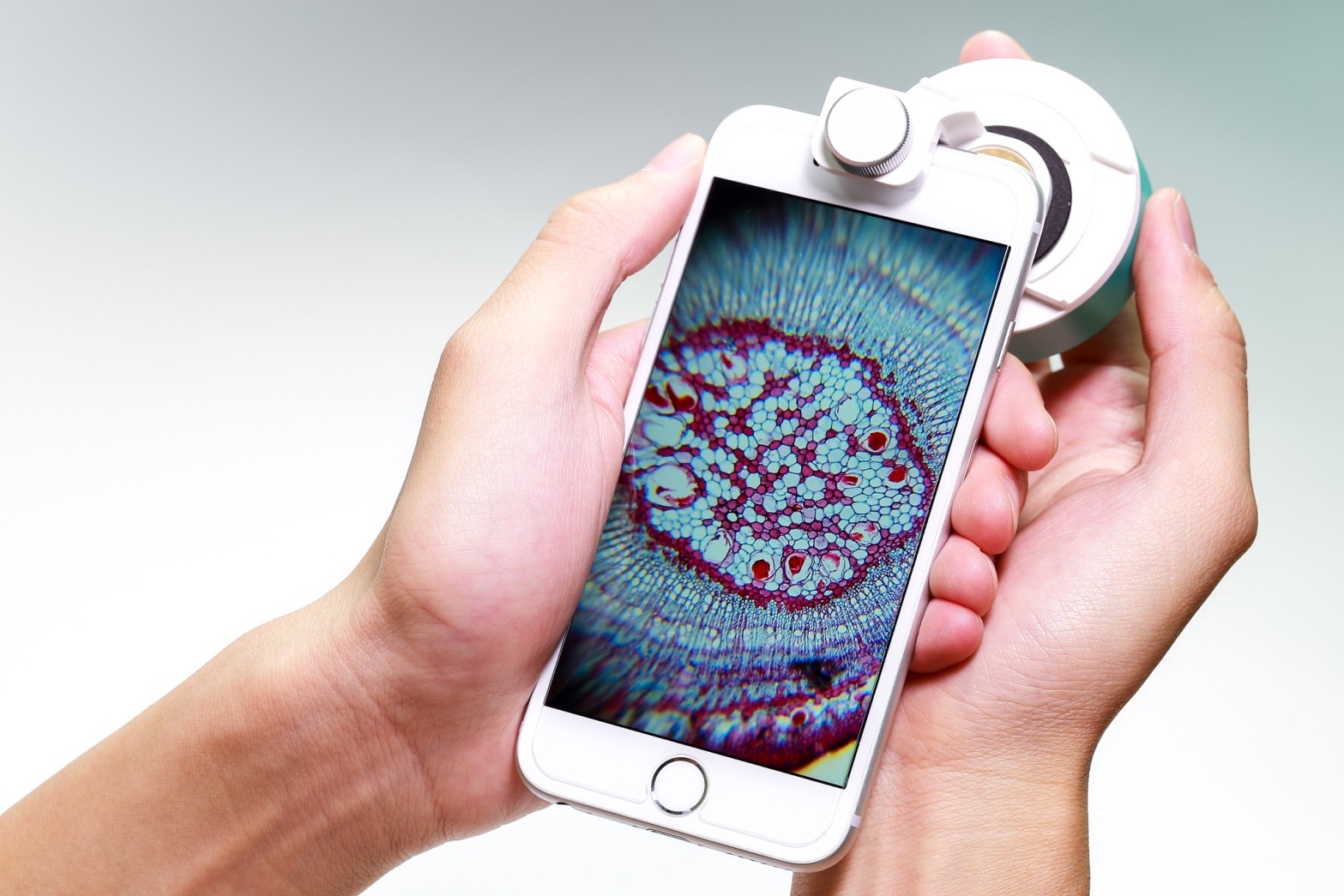
For a pledge of $200, you can claim a set of Celestron binoculars donated by the Well-read Naturalist and Celestron http://www.celestron.com! 1 available!
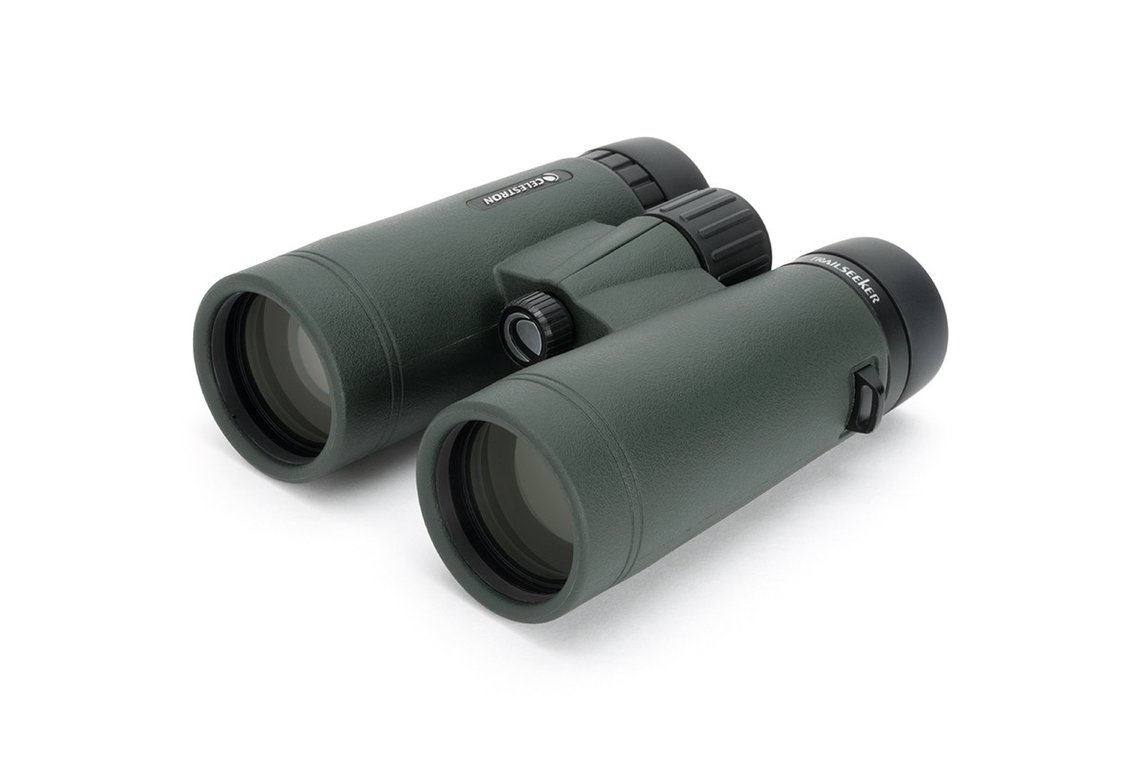
For a pledge of $500, you can claim a high-resolution rendering of any molecule/protein of your choice created by Ella Maru!!! These illustrations are absolutely beautiful - claim them fast, because there are only 2 custom illustrations available!

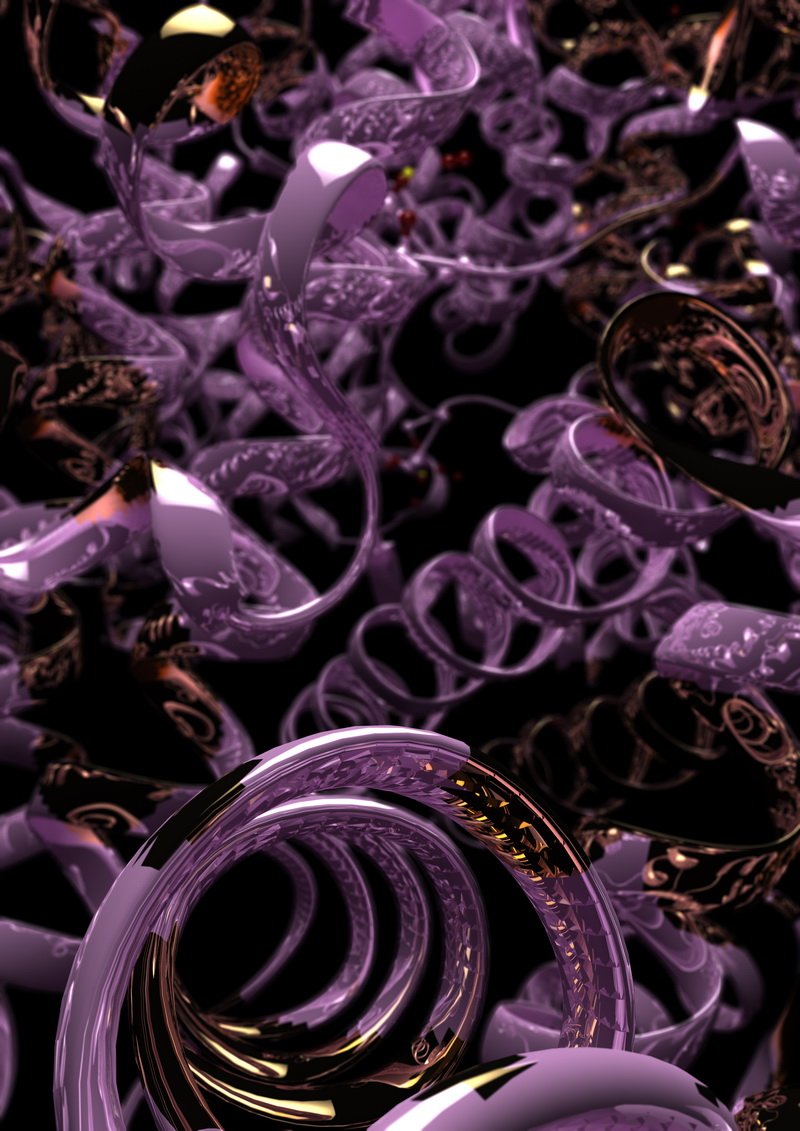
For a pledge of $700, you can claim a custom Animate Science Video Abstract about your research or project!! Several science communication studies have highlighted the positive impact video abstracts can have on sharing and clicks/reading of research journal articles. ONLY 1 available - claim it fast!
Individuals, science labs and small (1-3 people) organizations:
For a pledge of $500, Paige Jarreau will work with you on an individual basis to create a full-fledged strategic social media plan for you, your research lab, or your organization. Paige has extensive social media consulting experience, and typically charges over $1,000 for strategic social media plans. Make yourself or your organization stand out with effective social media practices geared toward your target audiences and goals for only $500! (10 available).
Organizations with 3+ people:
For a pledge of $1,000, Paige Jarreau will work with you on an individual basis to create a full-fledged strategic social media plan for you and your organization. Paige has extensive social media consulting experience, and typically charges over $1,000 for strategic social media plans. Make your organization stand out with effective social media practices geared toward your target audiences and goals for only $1,000! (8 available).
Team member Paige Jarreau is also an aerialist - so for her aerial community, Be Be and the Suspendulum(R) Aerial Rig is sponsoring this research project with the donation of a free Suspendulum for one special backer! See @fromthelabbench on Instagram for details. (Claimed!)
.jpg)
Project Backers
- 159Backers
- 122%Funded
- $10,704Total Donations
- $67.32Average Donation
